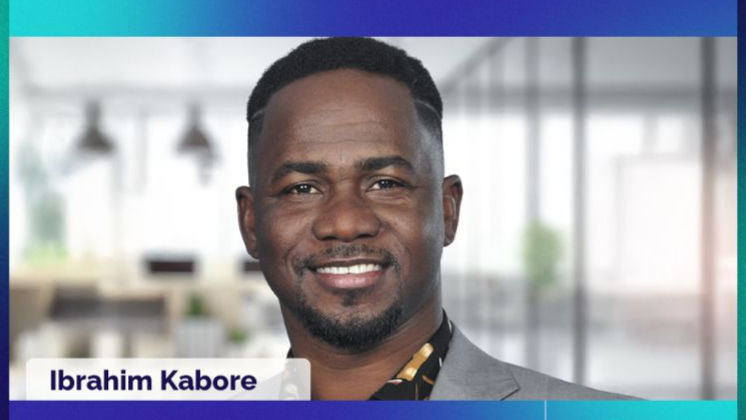The Crown of Heritage: Restoring Value and Pride to Hair
- Editor

- Aug 20, 2025
- 2 min read

Montreal – Afro hair is not just a simple aesthetic attribute. It embodies a culture, a history, and a heritage deeply rooted in the identity of people of African descent. During a recent event dedicated to the appreciation of natural hair, a clear message resonated: “Our hair has value, if we accept to give it value.”
Each hairstyle carries within it an origin, a story, and a heritage. Braids, plaits, ponytails, or even traditional hairstyles are not merely expressions of beauty; they are identity markers, often linked to a tribe, a rite, or a life passage.
“Each hairstyle comes from a tribe, from the heritage of our ancestors and our values. To be beautiful, you no longer need to destroy your hair,” declared one speaker. A powerful reminder in a society where Western beauty standards still dominate, pushing many women to alter or weaken their natural hair.

The event also challenged certain contemporary perceptions: “Am I not beautiful with my ponytails? Why does my hairstyle bother people?” asked one participant. These words express a quest for recognition and respect, but also denounce the judgments often cast on Afro hairstyles in professional, academic, and social spaces.
Afro hair is not reduced to the use of cosmetic products. It represents a culture, a living memory, and a rediscovered pride. “It’s not just products. It’s a culture, a history, values that we are restoring,” emphasized another voice.
Far from clichés and prejudices, the central message was to remind everyone of the richness and singular beauty of Afro hair. Its versatility, resilience, and creativity make it a living and unique material. “We have some of the most beautiful hair in the world,” affirmed the assembly, calling for a collective movement of reappropriation and appreciation.

Beyond the cultural issue, hair health was also addressed, particularly alopecia, a condition increasingly affecting women and men of African descent, often due to harsh chemical products or overly restrictive hairstyles.
“Together, we will overcome this scourge called alopecia, which silently affects our society,” was the strong call made to the community. This struggle is not limited to medical prevention: it goes hand in hand with redefining beauty standards and returning to healthy practices that respect natural hair.
The movement of reclaiming Afro hair goes beyond the realm of beauty. It is part of an approach to identity restoration and cultural resistance. In a globalized world where uniformity threatens diversity, valuing Afro hair is about affirming an identity and preserving a heritage.
That evening, the message was clear: beauty is not measured by external dictates, but by the ability to recognize and celebrate one’s own roots.














Comments